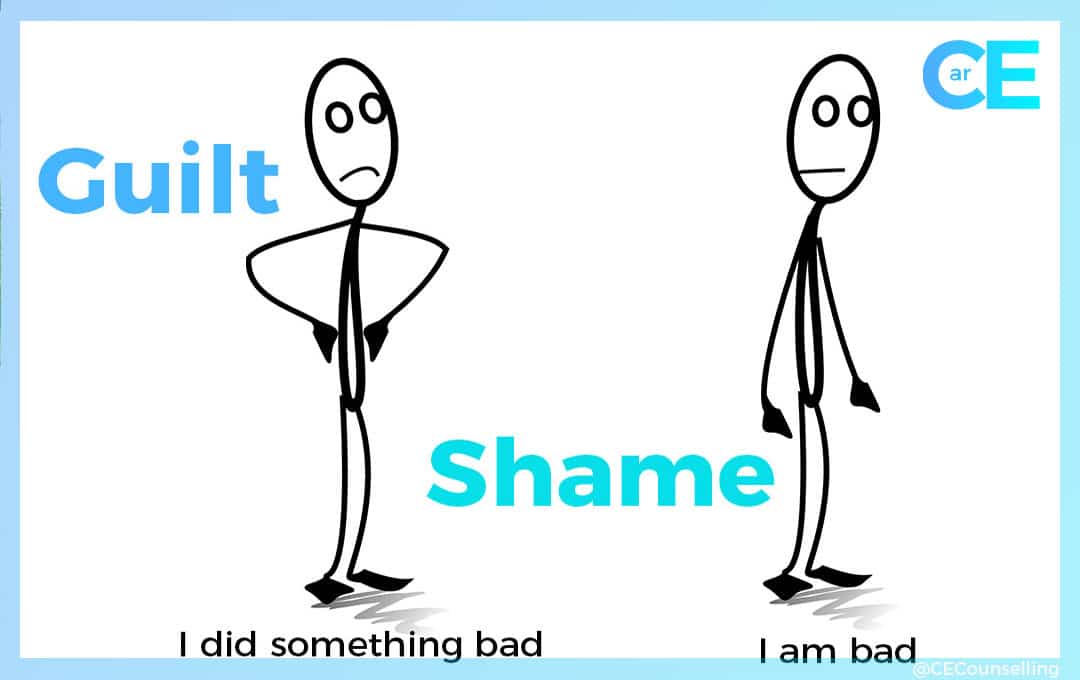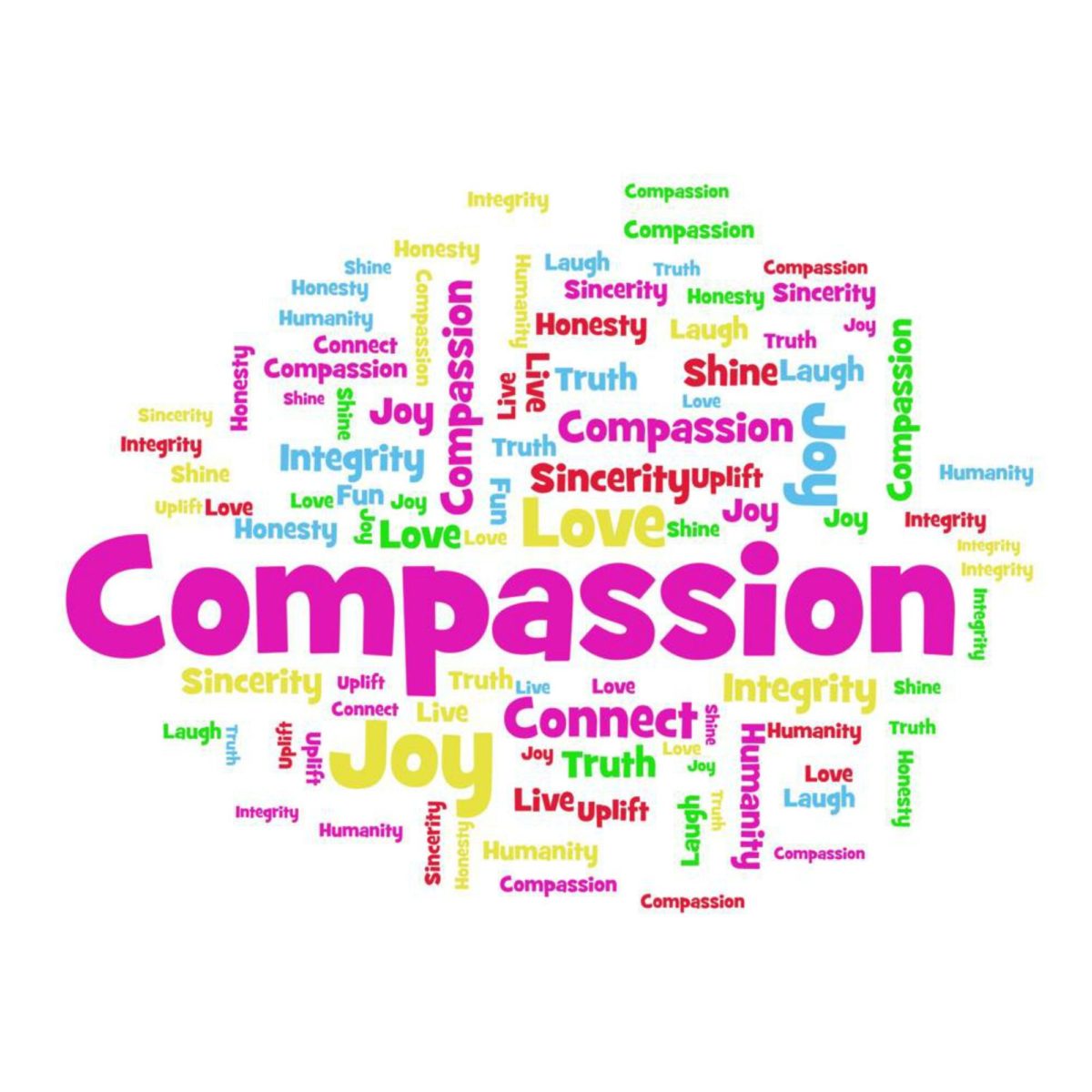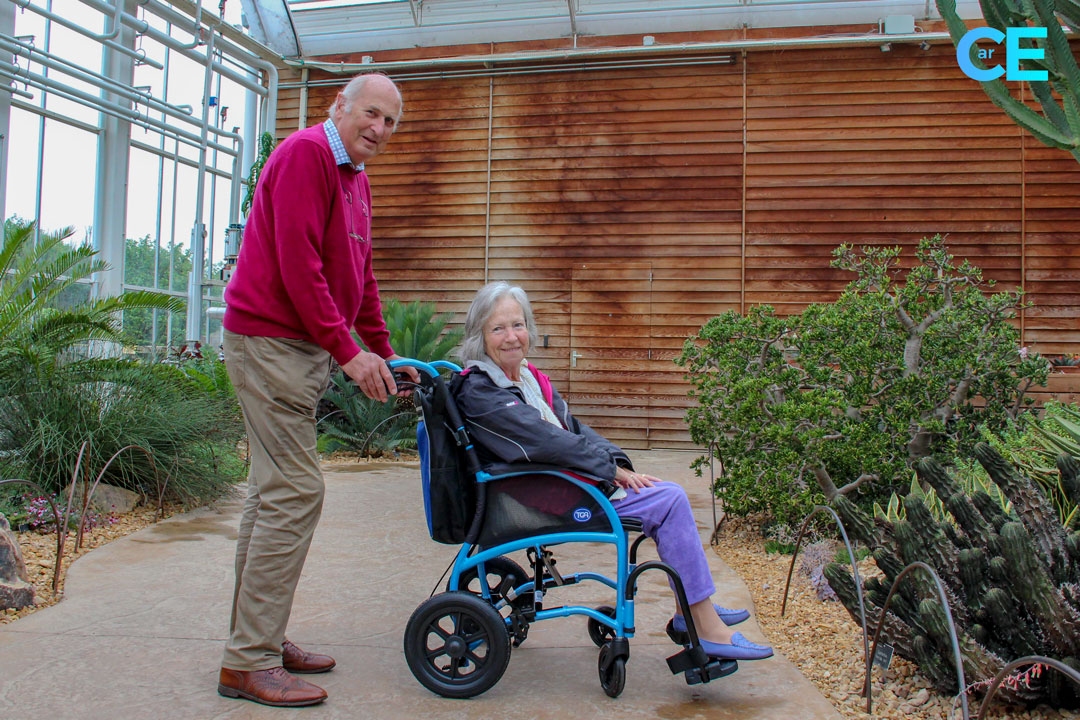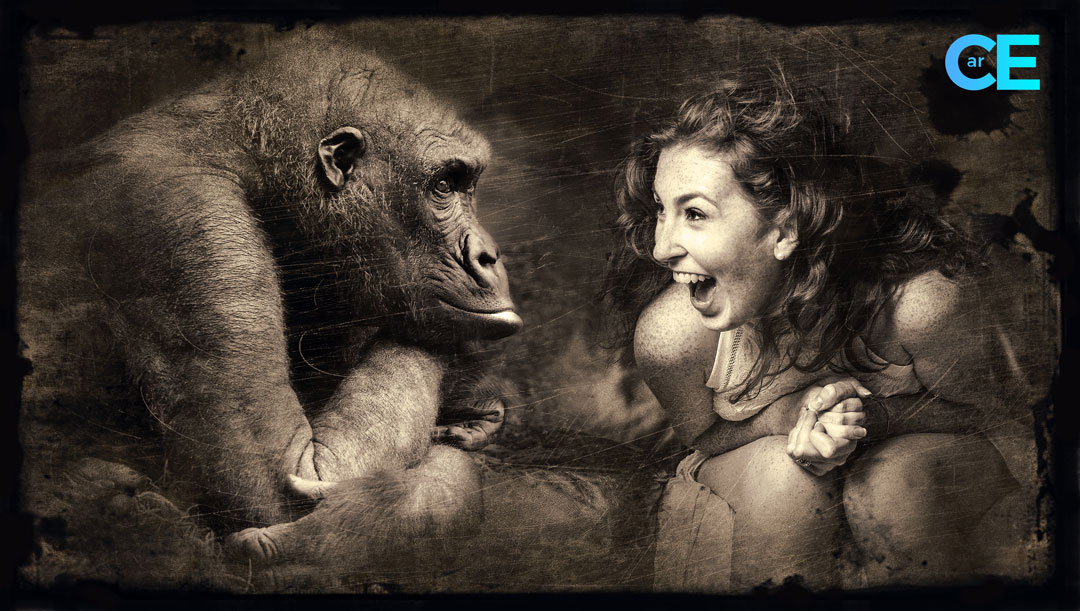Shame and Guilt
Shame and guilt are two complex emotions that often intertwine but possess distinct characteristics and psychological implications. While both are associated with feelings of remorse and wrongdoing, they stem from different sources and impact individuals in various ways. Understanding the difference between shame and guilt is crucial for emotional well-being and personal growth.
Shame:
Shame is a deeply negative and self-deprecating emotion that focuses on the individual as a whole rather than on a specific action or behaviour. It arises when someone perceives themselves as inherently flawed, inadequate or unworthy. Shame often leads to feelings of humiliation, a desire to hide, and a belief that one is fundamentally defective. It is a pervasive emotion that can have damaging effects on self-esteem and overall mental health.
Key characteristics of shame include:
- Global Self-View: Shame makes individuals feel like they are fundamentally bad people, regardless of their actions. It attacks their sense of self-worth and identity.
- Isolation and Secrecy: People experiencing shame tend to isolate themselves and hide their perceived shortcomings, as they fear being judged or rejected by others.
- Self-Focused: Shame is primarily an inward-directed emotion, causing individuals to excessively focus on their own perceived flaws and inadequacies.
- Toxicity: Persistent shame can lead to psychological issues such as depression, anxiety and low self-esteem. It may also contribute to destructive behaviours as a coping mechanism.
Guilt:
Guilt, on the other hand, is centred around a specific action or behaviour that is perceived as morally or ethically wrong. It stems from a sense of responsibility for one’s actions and their impact on others. Guilt focuses on the act itself rather than the individual’s identity, allowing for a healthier separation between one’s actions and their core self.
Key characteristics of guilt include:
- Action-Based: Guilt is tied to a particular behaviour or action, making it easier to address and rectify. It prompts individuals to take responsibility for their actions and make amends.
- Empathy and Concern for Others: Guilt involves recognising how one’s actions have affected others and feeling empathy for their experience. This can motivate positive change and behaviour.
- Externalization: Guilt often involves externalizing the wrongdoing, viewing it as a mistake rather than a reflection of one’s identity.
- Constructive Potential: Healthy guilt can lead to personal growth, as individuals are encouraged to make reparations and avoid repeating harmful actions.
In summary, the primary distinction between shame and guilt lies in their focus and impact. Shame revolves around a sense of inherent unworthiness and global self-view, while guilt centres on specific actions and their consequences. Or put simply, Shame is when we feel we have done something wrong according to our own rules and Guilt is when we feel we have done something wrong according to other peoples rules.
While both emotions can be uncomfortable, guilt has the potential to be more constructive, as it prompts individuals to take responsibility, make amends, and learn from their mistakes. Recognising these differences can help individuals navigate their emotions, promote self-acceptance, and foster personal development.
Written by your local counsellor in Fleet, Caroline at Caroline Ellison Counselling – this is my experience and these are my opinions. Carpe Diem.





